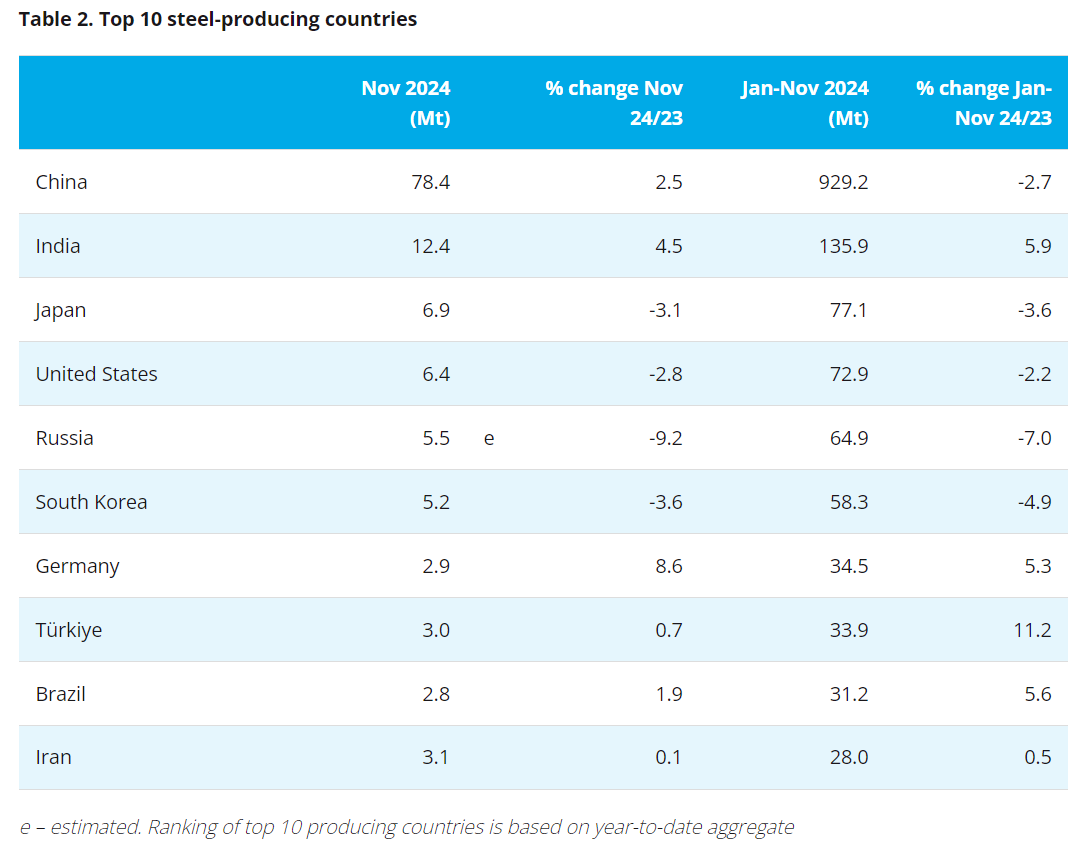The UK may not have a safeguard quota for hot-rolled coil (HRC) in April/May-October, chief executive of the UK Trade Remedies Authority (TRA), Oliver Griffiths said.
The TRA envisages that it will make its final suspension recommendation to the secretary of state for international trade around April-May, although the timeline is subject to change, depending on Tata Steel's consultation period with trade unions over the potential closure of its two blast furnaces at Port Talbot in south Wales.
Tata Steel itself requested the suspension of HRC quotas until June because of its intention to close the blast furnaces, according to documents filed to the TRA through its lawyer White & Case dated 4 February. Trader Kromat also requested the review.
Alongside its suspension review, the TRA is also conducting a tariff-rate quota review of product category one HRC. The review is designed to ensure there will be sufficient volumes for importers, given the increase in Tata Steel's own imports of HRC, going forward — the company intends to import both HRC and slab to feed its rolling mills until the start of its electric arc furnace in 2027.
The TRA currently envisages the future quota may be global, rather than country by country, with importers all getting a portion of the overall volume. Griffiths and TRA head of investigations Katherine Newton-McGee said under this system traditional importers could get a quota based on their historical volumes, and there could be a residual quota for new importers, or those who shift volume away from Tata Steel to imports. The TRA is not yet clear what volume may fall under the potential global quota.
Market participants have until 25 February 2025 to register and submit their comments to the TRA regarding the suspension and tariff-rate quota review. The review could take longer than the suspension review because of the complexity of the case, and lack of historical precedent, Griffiths and Newton-McGee said.
The volume review could technically be finalised and in place for 1 July, but Griffiths said the timeline is tight.
"The basic equation I have in mind is domestic production plus quota equals UK demand. It's just the first two factors are going to change quite significantly with the potential closure of the Port Talbot furnaces," Griffiths said. argusmedia
Copyright © 2013 Ferro-Alloys.Com. All Rights Reserved. Without permission, any unit and individual shall not copy or reprint!
- [Editor:kangmingfei]



 Save
Save Print
Print
 Daily News
Daily News Research
Research Magazine
Magazine Company Database
Company Database Customized Database
Customized Database Conferences
Conferences Advertisement
Advertisement Trade
Trade














 Online inquiry
Online inquiry Contact
Contact

Tell Us What You Think